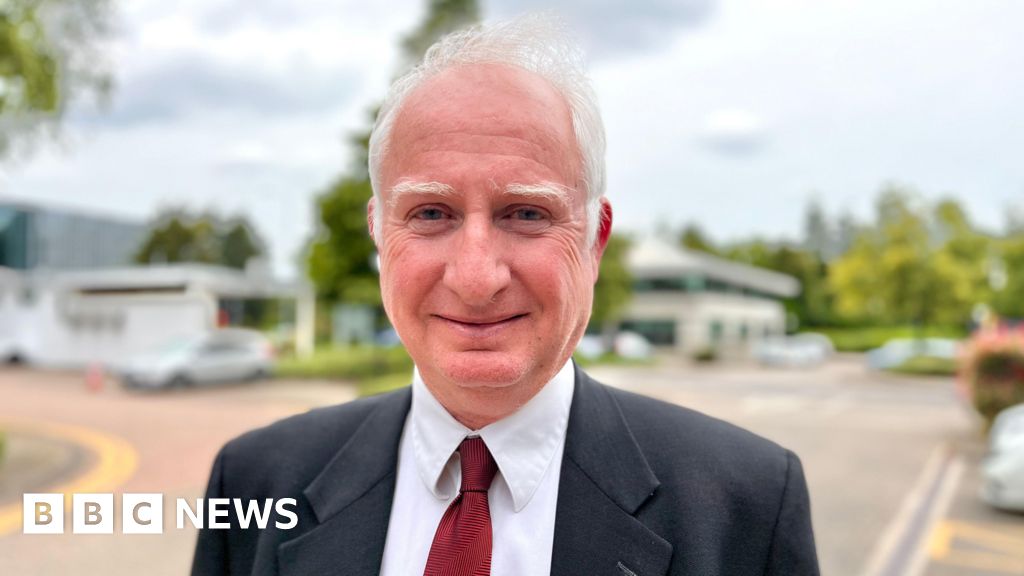ARTICLE AD BOX
A beleaguered council has halted all non-essential spending with immediate effect.
Last week, Birmingham City Council announced it was facing a bill up to £760m for unequal pay claims that it could not afford to pay.
The costs are increasing by up to £14m a month and the council has apologised.
As well as stopping spending, it has appointed new advisors and plans to commission two reviews, including a judicial inquiry.
The council has already paid out more than £1bn in equal pay claims in a dispute dating back years after it was found to have underpaid mostly female workers.
The anticipated costs are more than the council's entire spending on services for a year and the local authority has said it cannot afford to pay it.
Birmingham City Council acknowledged it had been embroiled in two "high-profile instances of failure" - not only the equal pay claims, but also the botched rollout of its new IT system, set to cost about £100m.
It is set to formally commission a governance review in collaboration with the Department for Levelling-Up, Housing and Communities (DLUHC) that will examine both of these failures.
That will start this week and a second judge-led inquiry is set to begin in Spring 2024, examining how the equal pay liability had continued to grow since the first settlement in 2012 and "who was accountable".
The Labour-run authority has been criticised for its handling of the equal pay claims by opposition councillors as well as the GMB union, which represents the claimants. It has itself apologised for failing to get the situation under control.
Council leader John Cotton, who has only been in post since the end of May, said the authority would be "open and transparent" to ensure "proper accountability for these failings".
"I've been clear from day one that I will take whatever action is needed to address the substantial challenges facing the council and these measures are essential to grip the situation - particularly in terms of financial controls, organisational capacity and improved governance," he said.
His deputy leader, councillor Sharon Thompson, added the costs were "one of the biggest challenges this council has ever faced".
"Given the scale of this challenge, we must impose mandatory spending restrictions," she said.
Two of the city's Labour MPs have called for government intervention to ensure the council would not have to limit its services.
"What we don't want to see is just statutory services being delivered," said Preet Kaur Gill, MP for Birmingham Edgbaston.
"We need to make sure the council can deliver all of its services."
The BBC has contacted the DLUHC for comment.
It has not yet responded, but previously said it holds discussions with any councils facing unplanned pressures.

 1 year ago
37
1 year ago
37








 English (US)
English (US)